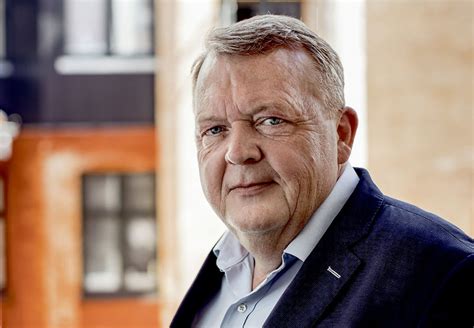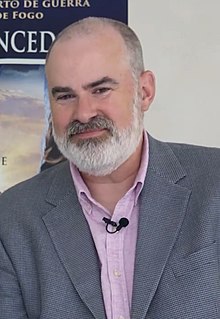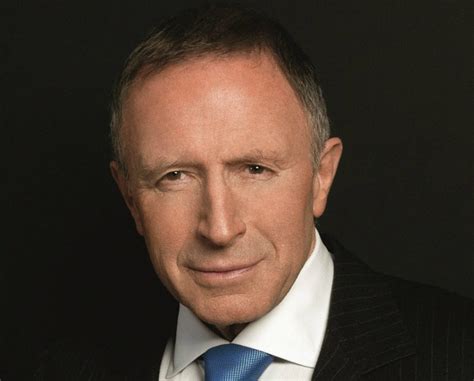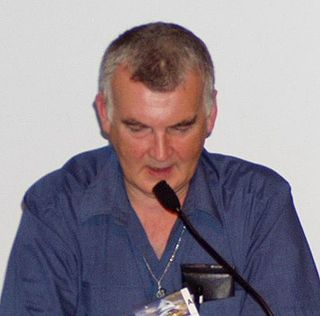A Quote by John Searle
Our tools are extensions of our purposes, and so we find it natural to make metaphorical attributions of intentionality to them; but I take it no philosophical ice is cut by such examples.
Quote Topics
Related Quotes
Our communication space is very fragmented today. We have a million different tools for different things with lots of different kinds of overlaps. The most natural way to try and solve that problem is to take all those different tools and try to make them smaller and fit into a single package and maybe integrate them across the boundaries.
Integrity is unity of the personality; it implies being brutally honest with ourselves about our intentionality. Since intentionality is inextricably bound up with the daimonic, this is never an easy, nor always pleasant pursuit. But being willing to admit our daimonic tendencies - to know them consciously and to wisely oversee them - brings with it the invaluable blessing of freedom, vigor, inner strength, and self-acceptance.
Philosophy is a necessary activity because we, all of us, take a great number of things for granted, and many of these assumptions are of a philosophical character; we act on them in private life, in politics, in our work, and in every other sphere of our lives -- but while some of these assumptions are no doubt true, it is likely, that more are false and some are harmful. So the critical examination of our presuppositions -- which is a philosophical activity -- is morally as well as intellectually important.
As our kids are drawn into, you know, Facebook and twittering and having their own cell phone and iPod and all those things , all of those things will take up as much time as you give them. What our goal is is to help them find that natural balance so that the things of our culture don't just steal their hearts and their minds and just consume their lives.
While brother Joseph was referring to the provinces of God, I was led to reflect that there is no act, no principle, no power belonging to the Deity that is purely philosophical. The birth of the Saviour was as natural as are the births of our children; it was the result of natural action. He partook of flesh and blood - was begotten of his Father, as we were of our fathers.
We [with Alix MacKenzie] had decided we needed further training, and certainly Leach was the one we turned to. So we went to England this summer and we took examples of our work along with us and showed them to Bernard Leach and told him what we were trying to do. And of course he took one look at our work and he said - very quickly he said, "I'm sorry, we're full up," and this was his way of politely saying, you just don't make the cut.
It's the rough diamond that dictates what you can get out of a diamond. You can't say, "I'm going to make this," or, "I'm going to make that." It's nature. Whatever nature gives us, we explore and we build on. We can't create something that is not in the stone, so we take away as many imperfections as we can. Sometimes, you can't take them all away. But mostly, our cut, our polish, the life we put into the stones, the beauty that we bring out is exceptional.
Hey, this is Europe. We took it from nobody; we won it from the bare soil that the ice left. The bones of our ancestors, and the stones of their works, are everywhere. Our liberties were won in wars and revolutions so terrible that we do not fear our governors: they fear us. Our children giggle and eat ice-cream in the palaces of past rulers. We snap our fingers at kings. We laugh at popes. When we have built up tyrants, we have brought them down. And we have nuclear ********* weapons.
We must honor our dragons, encourage them to be worthy destroyers, expect they'll strive to cut us down. It is their duty to ridicule us, it is their job to demean us, to force us if they can to stop being different! And when we walk our way no matter their fire and their fury, our dragons shrug when we're out of sight, return to their card-games philosophical: 'Ah well, we can't toast 'em all...'









































